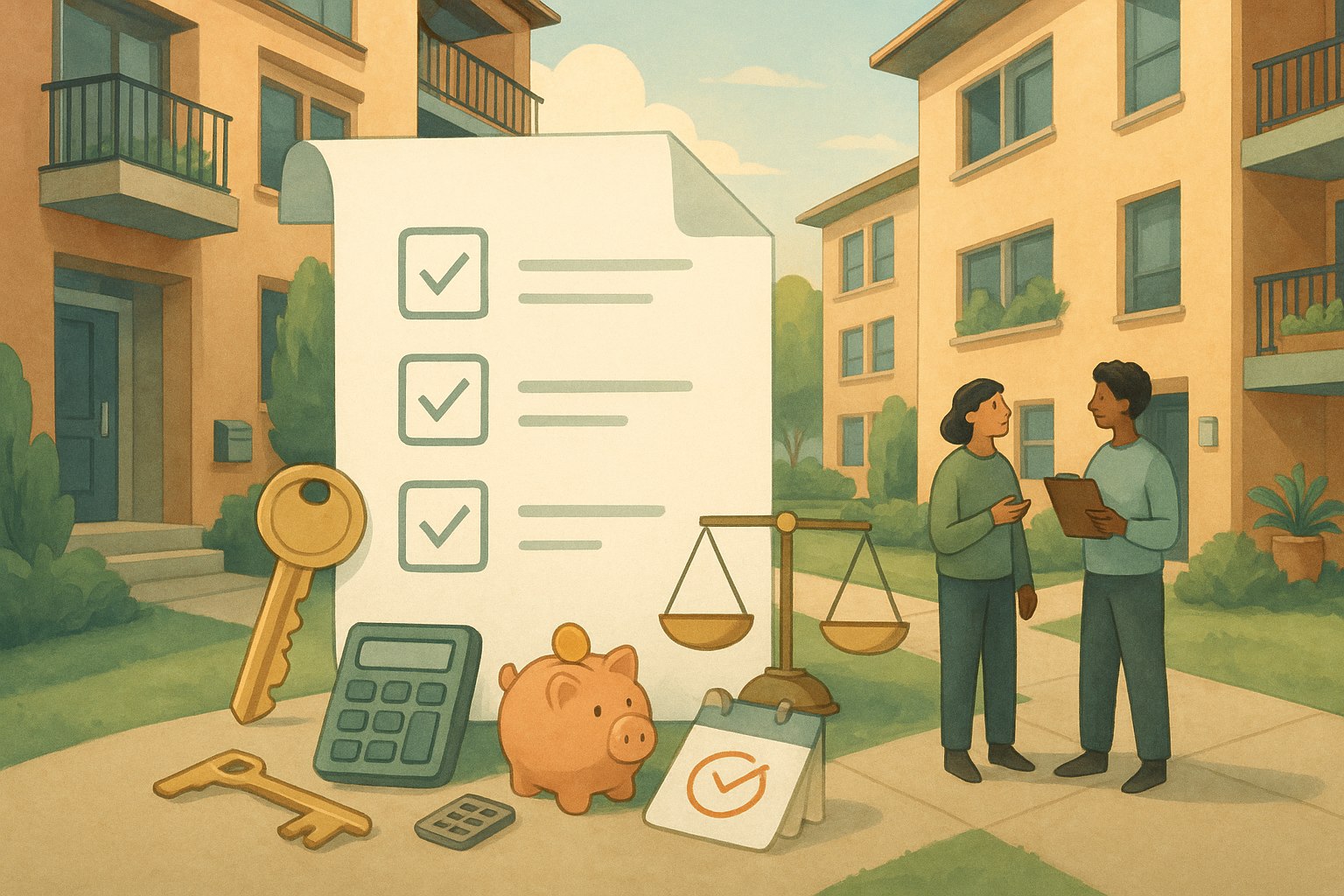AB 246: New Compliance Risks for California Landlords
California Assembly Bill 246 (AB 246) has drawn attention for its potential to reshape how landlords operate in California. While the bill was amended after strong opposition, it still imposes new compliance hurdles and sets a troubling precedent that adds risk and costs for housing providers.
Original Proposal: Rent Freeze and Vacancy Restrictions
When first introduced, AB 246 called for an emergency one-year rent freeze in Los Angeles County, locking in rents as of January 7, 2025, and suspending vacancy decontrol. This would have eliminated landlords’ ability to adjust rents to market levels when units turned over. For owners with long-term tenants paying below-market rents, the impact would have been severe, leaving them unable to meet rising expenses like insurance, property taxes, and mandated retrofits.
The proposal also carried heavy enforcement penalties, allowing district attorneys to levy fines of up to $10,000 per violation. For small-scale landlords, this could have been financially ruinous.
Amended Bill: Eviction Restrictions
After opposition, lawmakers stripped the rent freeze provisions, but AB 246 still moved forward in another form. The revised bill requires landlords, during declared interruptions in federal benefit payments like Social Security, to include hardship declaration forms in any three-day notice to pay rent or quit.
If a tenant signs the declaration and remains eligible for benefits, courts must stay eviction proceedings until benefits are restored and procedural requirements are met. For landlords, this means longer delays recovering possession of units and no ability to collect unpaid rent during the interruption.
New Compliance Burdens
The amended law creates more paperwork and administrative oversight for landlords. Housing providers must track federal benefit disruptions, incorporate new forms, and ensure eviction notices are handled with precision. Any mistake could invalidate the process and force costly restarts.
For “mom-and-pop” landlords without legal staff, the added complexity increases both risk and expense. Even though the bill no longer freezes rents, it still forces property owners to shoulder the burden of federal program failures that are beyond their control.
A Troubling Precedent
AB 246 signals a growing trend in California policy: shifting responsibility for social and economic issues onto landlords. By tying eviction rights to federal benefit disruptions, the state once again uses housing providers as a safety net.
Call to Action
California’s landlords must speak up. AB 246 is another step in a pattern of burdensome regulation that undermines the stability of the rental housing market. Property owners should contact their legislators, voice opposition, and support industry associations that fight to protect landlord rights. Staying engaged is the only way to prevent further erosion of property rights and ensure California’s rental housing market remains viable.
This article has been prepared by the editorial staff of Apartment News Publications, Inc. (ANP) intended for informational purposes only and does not constitute legal advice. Readers should consult with qualified counsel regarding their specific circumstances. ANP, Covering Issues That Impact Landlords and Property Owners.








